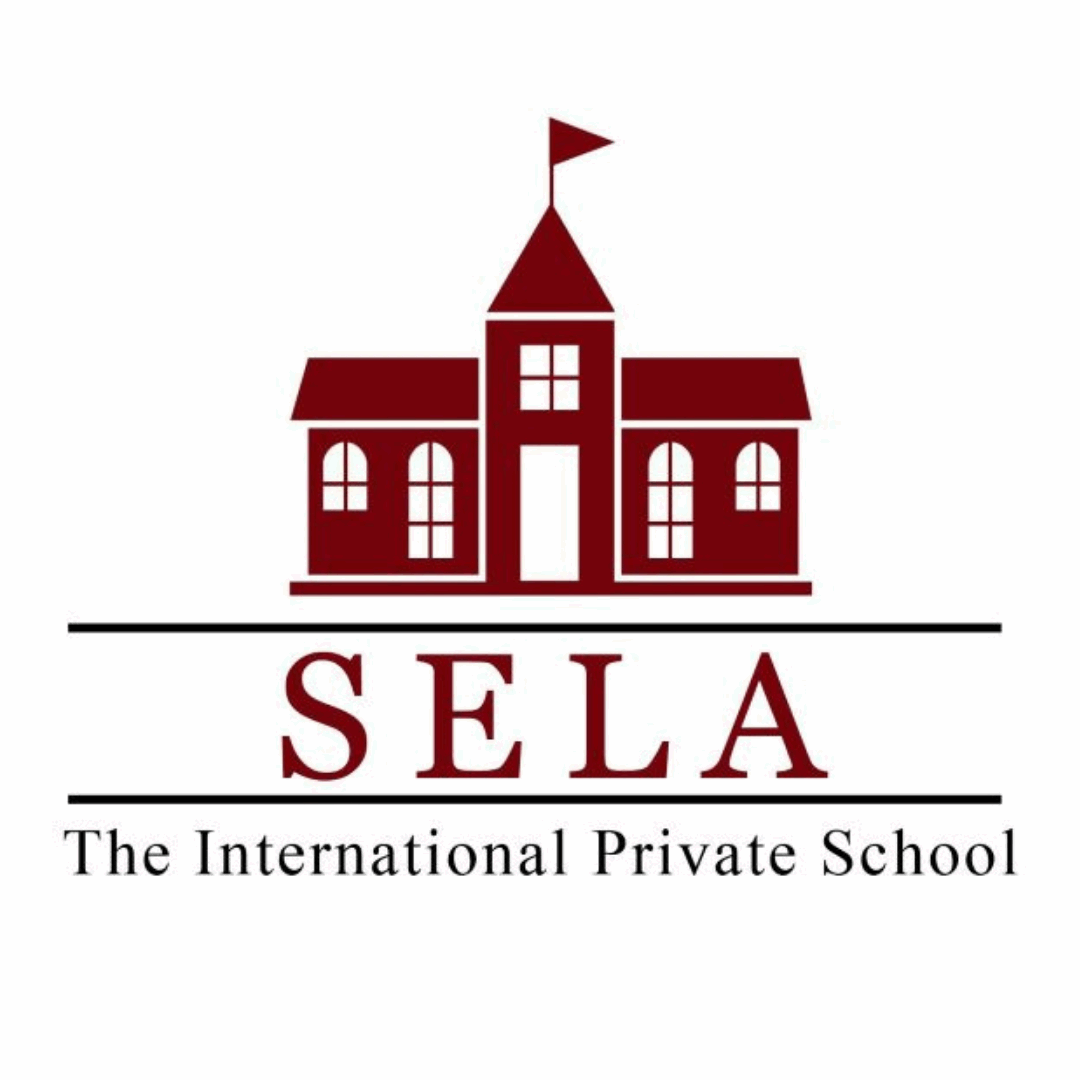UPPER SCHOOL 3rd to 6th
As students move on to upper school, they enter an environment that brings new academic challenges and opportunities for personal growth. In this stage, students are encouraged to become more independent in their studies and personal lives, while also strengthening their social and emotional development. The experiences and lessons they encounter help them build important life skills, including problem-solving, communication, and critical thinking. Our dedicated teachers are there every step of the way, offering support and guidance to help students grow into compassionate, responsible, and well-rounded individuals. By nurturing a passion for lifelong learning, we prepare our students to make positive contributions to their communities and to the world around them.
ACADEMIC PROGRAM
English Language Arts
Our students become skilled and enthusiastic readers and writers through a variety of engaging activities, such as group text analysis, book clubs, and independent projects. These experiences deepen their understanding and appreciation of literature while helping them develop advanced writing, grammar, and expression skills. With the support of our English specialist teachers, students are encouraged to build confidence and develop the skills needed to create and share their own meaningful stories and ideas.
Math & Coding
In math classes, students will build skills and understanding in areas consisting of number sense, data and statistics, algebraic reasoning, and geometry. We use project-based learning and encourage inquiry, allowing students to discuss and explain math concepts to classmates and teachers. Along with solving problems on their own, students also work together in groups to strengthen teamwork and communication skills.
For coding, introducing programming languages like Scratch allows students to learn logic and problem-solving in a fun, age-appropriate way. By combining math with coding, we help students see how these subjects are connected—like through algorithms and data representation. This integrated approach not only deepens their understanding but also keeps them interested and motivated to learn!
Language Immersion Spanish & Mandarin
Our students are tackling more challenging materials, reading and writing in cursive, and learning new grammar concepts. They begin exploring books like “Don Quixote,” understanding and using not only simple language but also historical language. Their proficiency in Mandarin allows them to have conversations and start writing short paragraphs. At the upper school level, students are comfortable having long discussions, working on book projects, expressing themselves verbally, and confidently presenting in Spanish across all other subjects.
Science
At our school, we encourage students to approach problems with a scientific mindset. Every year, in each subject area—including earth science, biology, and chemistry—students are guided to expand and apply their scientific knowledge. They don’t just learn theories; they put their understanding into practice by conducting hands-on laboratory experiments and examining real-life case studies.
Through these experiences, our students gain a strong grasp of the scientific method, learning how to form questions, design experiments, collect and analyze data, and draw meaningful conclusions. They also develop essential skills in data analysis, scientific modeling, and research, which help them interpret information critically and solve complex problems. Additionally, we place a strong emphasis on scientific literacy, ensuring that students can effectively communicate scientific concepts and findings, both in writing and verbally. This comprehensive approach prepares our students to think critically, solve problems, and engage with the world as informed, capable individuals.
Technology
Our classrooms are equipped with interactive boards that both teachers and students use to collaborate during lessons. These boards let students take part in problem-solving activities, educational games, and group discussions. Teachers can also display multimedia presentations, videos, and interactive quizzes to make learning more engaging.
Our computer lab helps students learn basic computer skills, such as typing, taking tests, using Scratch, and exploring different software and online learning platforms. Students can practice math through interactive games, create digital presentations, or try out coding with kid-friendly programming tools.
With 3D printers, students have the opportunity to bring their ideas to life by designing and printing objects for science, math, or art projects. This hands-on experience boosts creativity and critical thinking. We also use systems that allow teachers to make lessons more realistic and interactive, which helps keep students engaged in the learning process.
Virtual learning tools—like Google Classroom and educational apps—make it easier for students to work together on assignments and projects. They can share ideas, collaborate, and get feedback from both classmates and teachers.
The LU interactive system brings learning to life by offering real simulations. It allows students to explore new concepts in engaging and dynamic ways, making the learning experience more immersive and enjoyable.
ART
Students have the chance to immerse themselves in a wide variety of artistic materials and techniques, covering both two-dimensional and three-dimensional forms. This includes everything from drawing, painting, and ceramics to sculpture, digital art, and design. Each project introduces students to new approaches and tools, giving them the freedom to experiment and discover their own artistic voice while developing their personal style.
As they move from one project to the next, students build valuable skills and gain a better appreciation for the creative process used by artists. They also explore how art has influenced, and continues to influence, our society and culture—both in the present day and throughout history. Through engaging, hands-on projects that often connect to other subjects, students become more confident in their artistic abilities and enhance their understanding of other academic disciplines.
This well-rounded approach enables students to think more creatively and solve problems in a variety of settings, helping them become adaptable and innovative learners prepared to contribute thoughtfully in a changing world.
